 Visits to the end-of-life Centres
Visit to Lifecircle
Visits to the end-of-life Centres
Visit to Lifecircle
“The International Death Certificate can be a bureaucratic nightmare”
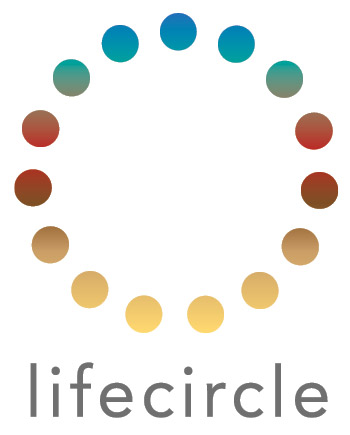
STOP PRESS. LIFECIRCLE IS NO LONGER ACCEPTING NEW MEMBERS. Everyone in membership by 31st October 2022 can maintain their membership as usual. No one else can now join. Following this announcement, the Lifecircle newsletter of December 2022 contained the remarkable further news that existing members will also now receive a credit of 700 Swiss Francs (£600) for EVERY YEAR they have been a member. So if you joined in January 2018, you will (in 2025) get £4,200 off your bill.
Lifecircle is still operating but it is now handling fewer than 20 AVDs each year. This number is declining as its membership decreases. Many of its staff have joined Pegasos or Athanasios.
Lifecircle is run by Erika Preisig. She is, amazingly, still working as a local doctor with her own patients, in spite of all the time she spends campaigning for changes to laws across the world in respect of assisted dying. Clearly convinced of her cause, she is passionate that people should not have to endure pain or suffering if they really have a strong and rational desire to bring their own lives to an end. Her sincerity shines through everything she says.
She actually runs two organisations. Lifecircle is really the campaigning organisation. It also makes charitable donations; meaning it can accept donations and that such gifts by Swiss residents are tax deductible against the donor’s income. The other organisation is Association Life-End (previously named “Eternal Spirit”) – which employs the staff, covers the costs and handles the actual AVD work itself. Any gifts to Association Life-End would not be tax deductible.
I met Erika in 2022 at the operational apartment in Liestal and subsequently in Dublin at the conference of the World Federation of Right to Die Societies in 2024. The offices of Lifecircle and Eternal Spirit are both in Biel-Benken. As is the case with the “Blue House” of Dignitas, the Lifecircle apartment is not the sort of place where one would normally choose to die. It is large, Erika and her staff have done their best with the décor and it is costing them £2,600 a month in rent. There is no escaping the fact that the apartment is in a commercial area, although Liestal itself is a very attractive Swiss town.
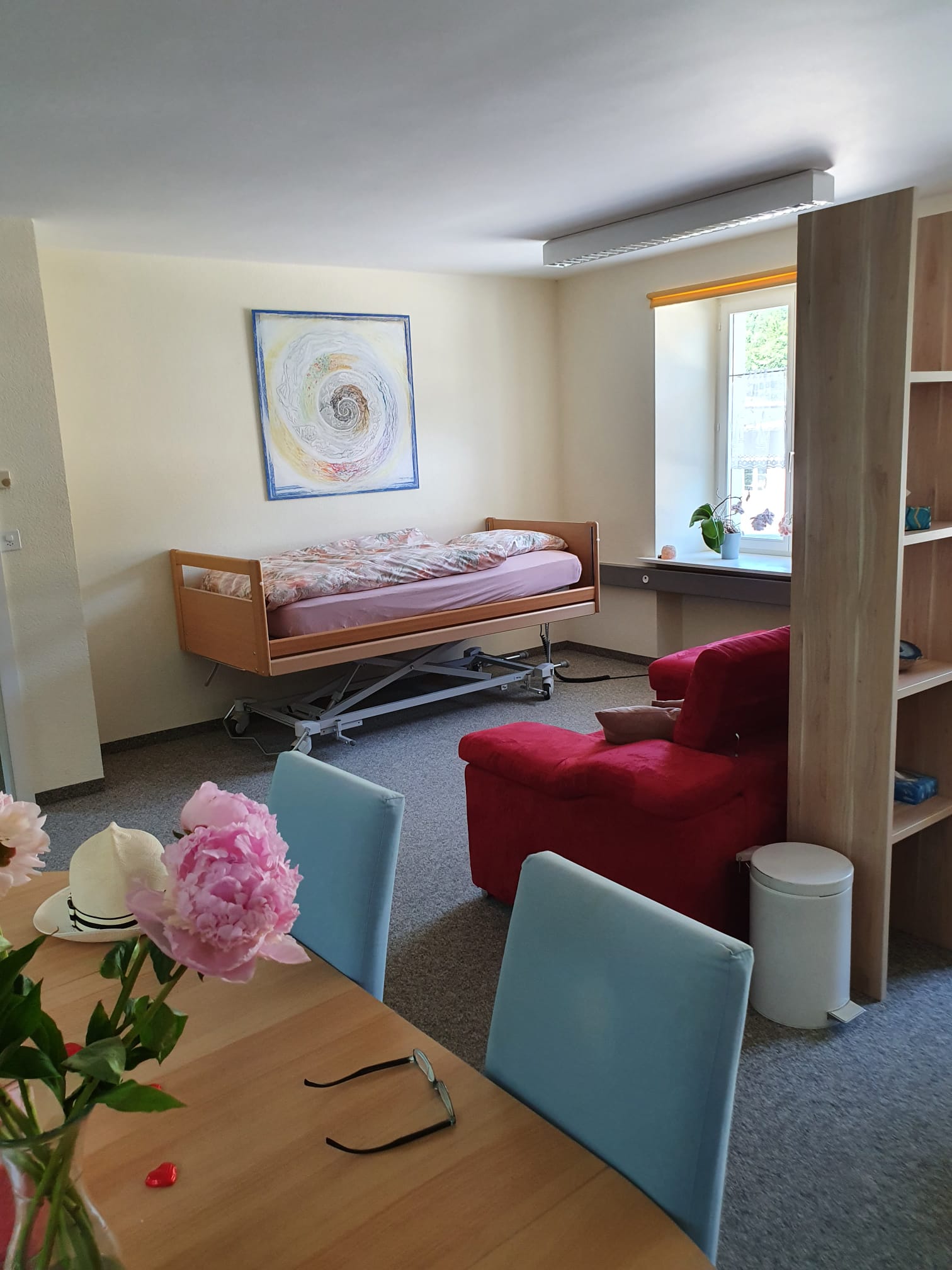
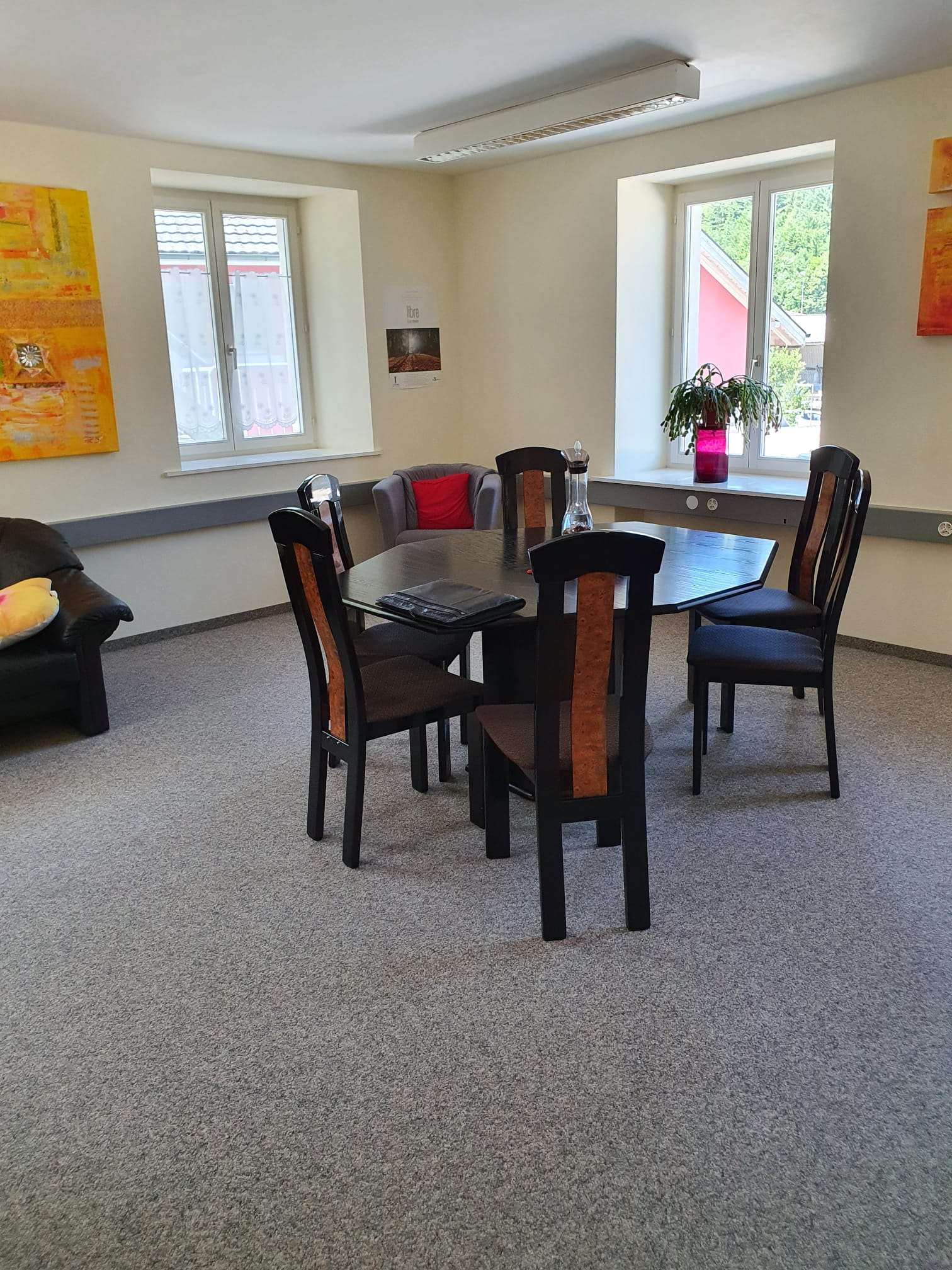
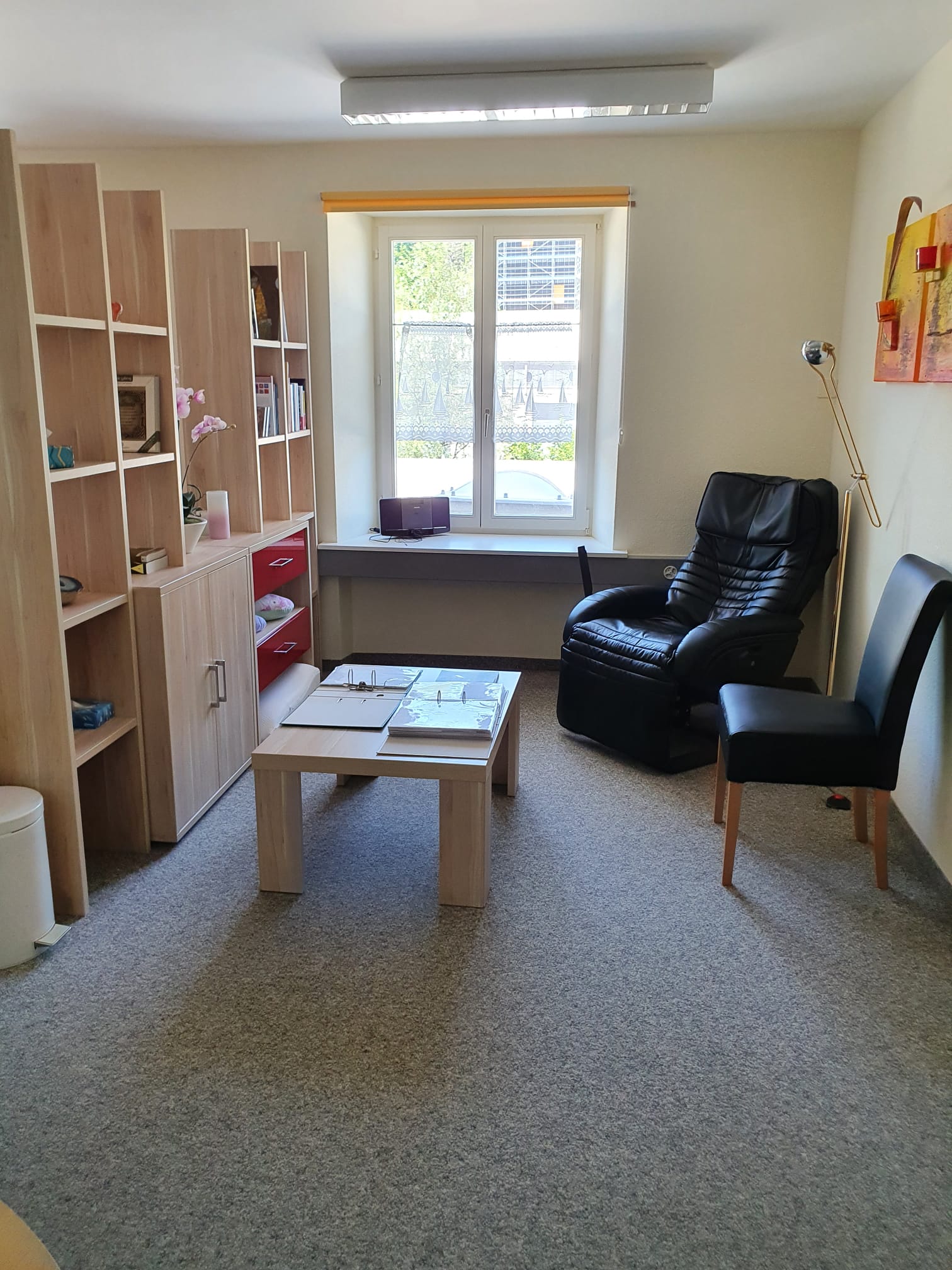
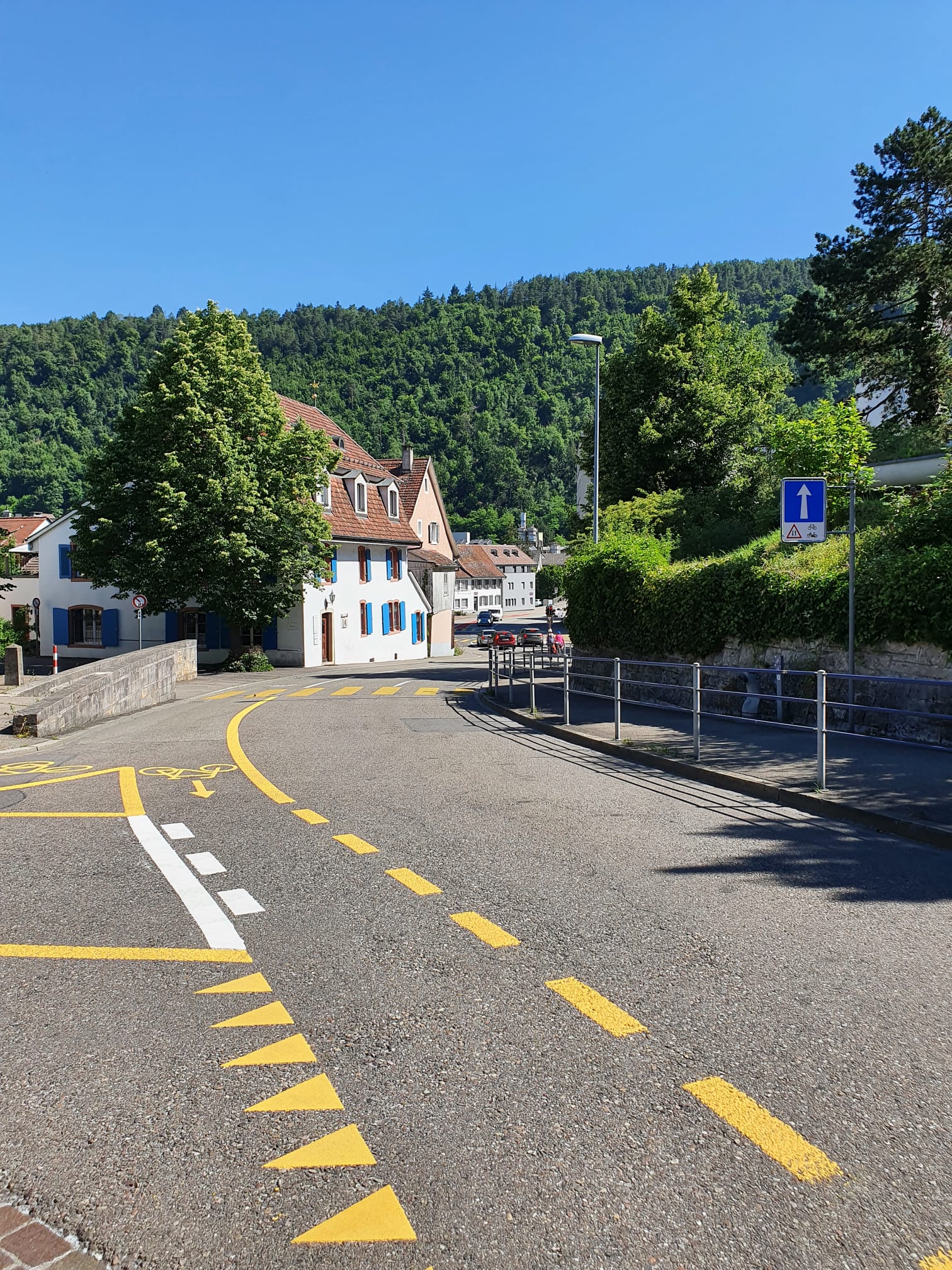
Lifecircle has approximately 1,000 members, of which 100 are from the UK.
They work on the same “provisional green light” basis as Dignitas but seem just slightly more prepared than Dignitas to allow an application to proceed. It is probably more difficult, however, for patients whose problems are purely psychiatric to get the go-ahead. Of those members who do get a provisional green light, only about a third actually decide to proceed.
The guidance on the Lifecircle website is excellent – in English, very clear and very readable. It emphasises that there must be two consultations with a Swiss doctor and that these should be 14 days apart. The first can be conducted by Zoom or other form of video call. The second must be in person, in Switzerland and held the day before the AVD itself.
Unlike any of the other AVD providers, Erika always makes a little film of a member’s death. This is not for sentimental reasons, it is purely for self-protection. As the film camera is turned on, Erika asks the patient “What is your name ? What is your date of birth ? What are you here for ? Do you know what is going to happen if you open that valve ?” If those questions are answered properly, Erika then says “Now you may open the perfusion if you do wish to die”.
Although clearly driven by the need to prevent suffering in others, Erika has nonetheless had her brushes with the law. In 2015 she was accused of advising British patients not to discuss their suicidal thoughts with their own GPs. In May 2021 she was even accused of murder in Switzerland because she had not insisted that independent psychiatric advice was necessary before allowing an assisted death for a long-standing member. The Cantonal Court in Liestal threw out the case and she was acquitted. The case took its toll on Erika herself and demonstrates that assisted suicide, whilst legal, is still not without it opponents even in Switzerland.
The AVD itself is done with the help of nurses.
A cannula is attached to a patient’s arm. Initially this only allows a small amount of saline solution to enter the patient’s vein. Then the link to the Pentobarbital of Sodium is also attached. Vitally, this can only be turned on by the patient themselves. Just the same as with an intravenous general anaesthetic, the patient will fall asleep in 20 seconds. The dose will be sufficiently powerful to cause death. The patient’s heart will stop after about five minutes.
Lifecircle have emphasised the difficulties that can then follow. First, they call the police “who always come”. Then they must attend to the issue of an International Death Certificate “which can be a bureaucratic nightmare”. Finally, in conjunction with the Swiss undertaker, they will arrange for the cremation and for the ashes to be sent to the relatives. For this latter task, they used to rely on DHL.
A couple of years ago, however, DHL managed to lose one of the urns. Destined for the UK, it wound upon on a street of the same name in Melbourne Australia – where they were surprised to see it.
Lifecircle is also keen to emphasise the importance it attaches to the “lived” portion of a member’s life as well as to the end of it. It requires all members to complete a “Living Will”, the contents of which go well beyond a simple statement of end-of-life wishes.
The Lifecircle team clearly need to be convinced that the problems being faced by a member are simply not going to get better. A younger patient with MND would be approved. A middle-aged member experiencing the anxiety of divorce would not. In one case, a member was diagnosed with dementia, possibly wrongly. He went home and shot himself. But the suicide attempt failed, leaving him blinded instead. Even after three years of blindness, Lifecircle has not been convinced that he is eligible for an assisted suicide in line with Swiss law. In another two years, their answer may well be different.
In the words of the Lifecircle guidance “Even though Swiss law also accepts AVD in cases of healthy people, Life-End will not give AVD to a person that is not ill. Only if an unbearable suffering or an incurable illness exists, Life-End will give AVD. But no one will be forced to accept a treatment if this decision is well reflected. Especially very old people should have an easier access to AVD, as over the age of 85 it is more and more likely to suffer from an acute illness which leads to loss of mental capacity, but not to death, (cerebral haemorrhage, stroke, fall, infarction etc.)”
Read Next Section >


